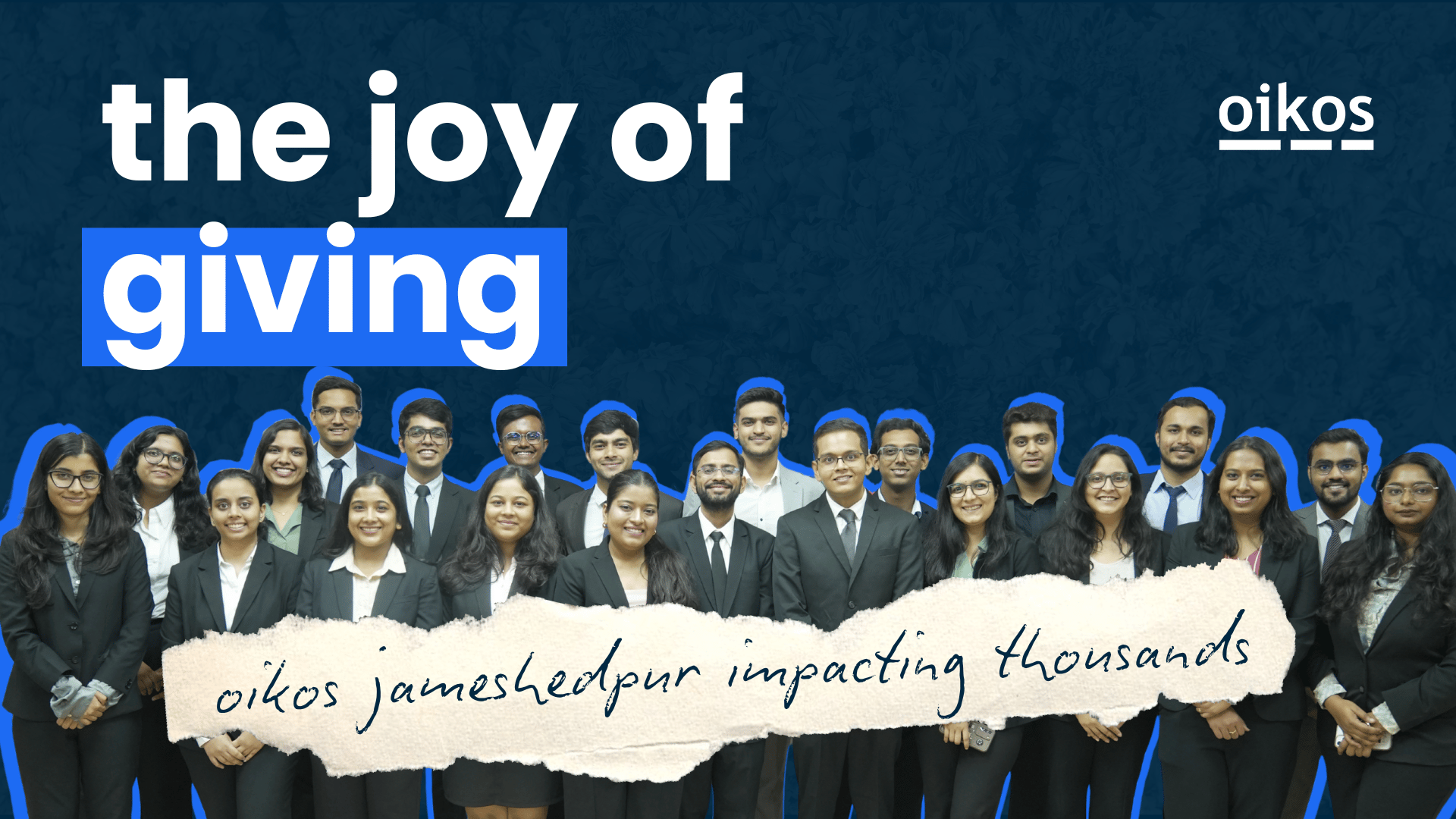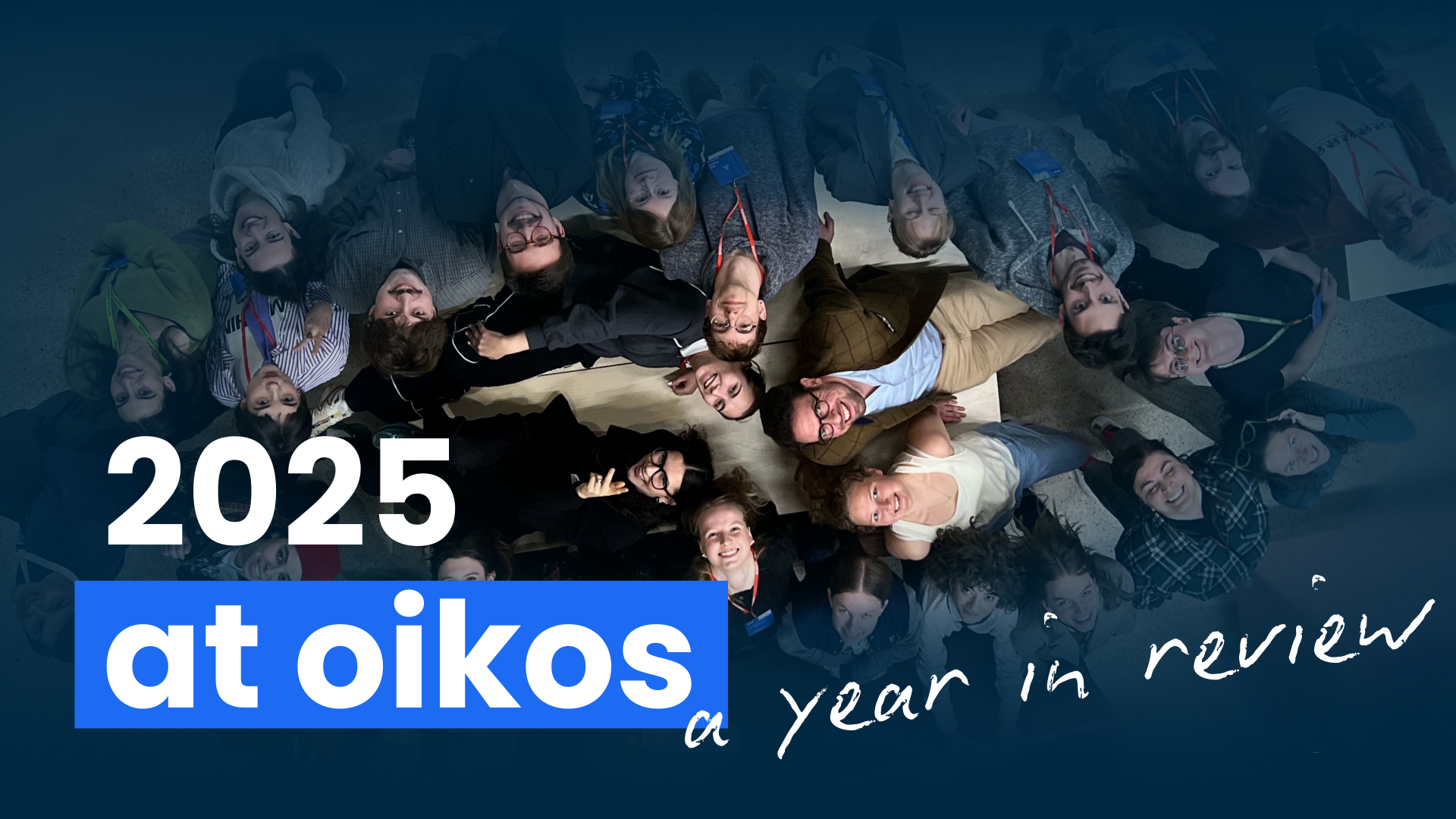“We want you… to become an Energysaver!” – that was the message addressed to students of four greatest Warsaw universities in November and December 2012 that expressed the main idea behind the Energysavers project. The fourth edition of oikos Warsaw initiative devoted to promoting sustainable energy consumption was fully supported by oikos International Project Development Fund.
The Energysavers project was aimed at uniting students to make a difference. oikos Warsaw attempted to convince them of the importance of saving: the project was to prove that saving money may be easily combined with saving the natural environment.
The grounds for the success of the project was an innovative combination of education, practice and the sense of competition and achievement: about 400 students of two different universities attended workshops on sustainable energy consumption and energy effectiveness whereas there were 24 dormitories inhabited by almost 8000 residents that actively took part in the energy saving contest.
In the first stage of the project four different sessions of workshops were organized at Warsaw School of Economics and Warsaw University of Technology. During interactive discussion panels prominent lecturers together with representatives of NGOs or companies operating in the energy and construction industry answered the question whether it was possible to earn from energy saving. The students were given a chance to enlarge their knowledge of new, energysaving technologies and face a challenge of solving an innovative case-study. The session devoted to passive houses and examples of green offices in Warsaw turned out to be the most popular: the number of participants that exceeded our expectations made us search for some extra space to let all those interested in the topic gather.
In the second stage of the project, a number of actions and happenings were organized to make the residents of the dormitories get acquainted with simple methods of saving energy that could be used in everyday life. One of the most memorable initiatives was a late night hunting for treasure game that consisted of a series of tasks to prove both the fitness and knowledge of energysaving techniques of the students. Around sixty residents of the dormitories divided into nine teams decided to leave their computers and other energy-using appliances to take part in the outdoor game and fight for a prize.
In the third stage of the project the residents of Warsaw dormitories were invited to take part in a competition in energy saving. For two weeks oikos Warsaw members monitored the use of energy in the dormitories to decide which team had saved the greatest amount of energy within the time of the contest. The winning dormitories at each of the four universities were given a special prize –energysaving sports equipment.
During the competition in energy saving the consumption of energy in Warsaw dormitories decreased on average by 7%. Nevertheless, the leader managed to reach the top reduction of 22%. According to the calculations conducted, if the residents tended to keep the consumption of energy at the decreased level, the annual savings would amount to 7300 kWh, which corresponds with the sum of nearly 400 EUR on average. As a result, the CO2 emissions would be reduced by nearly 9000 kg.
The statistical data however does not present the full, long-term effects of the project, since the impact of the initiative cannot be easily captured with the use of numbers.
Energysavers is a project that responded to the problem of irresponsible and excessive energy consumption observed in Warsaw dormitories. The initiative promoted responsible use of energy and made the students develop care for natural environment. Since the main goal of the Energysavers was to form rational habits concerning the energy consumption among students, students gained practical knowledge about energy saving and become conscious of the benefits of sustainable use of energy. In addition, oikos Warsaw expects that the residents of dormitories continue implement saving energy methods resulting in lower and more sustainable consumption of energy in the long-term.



